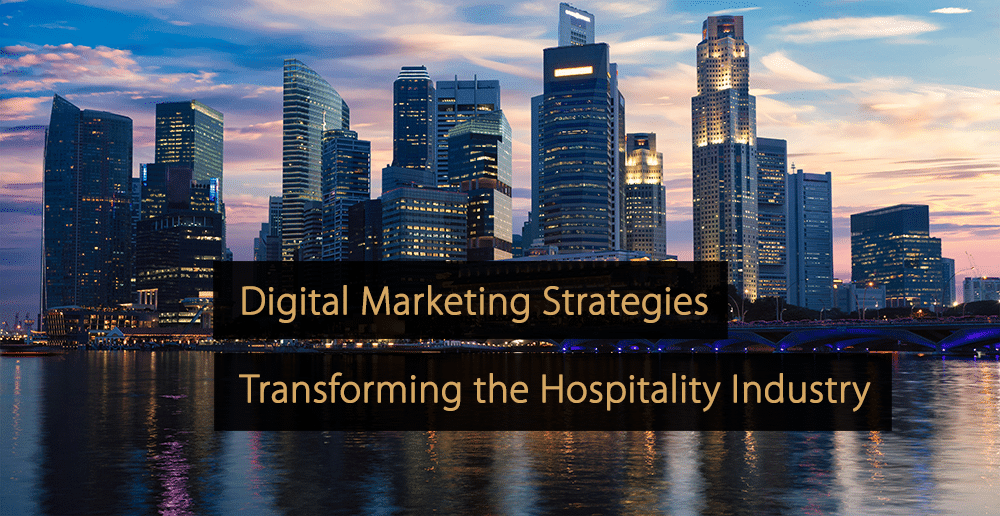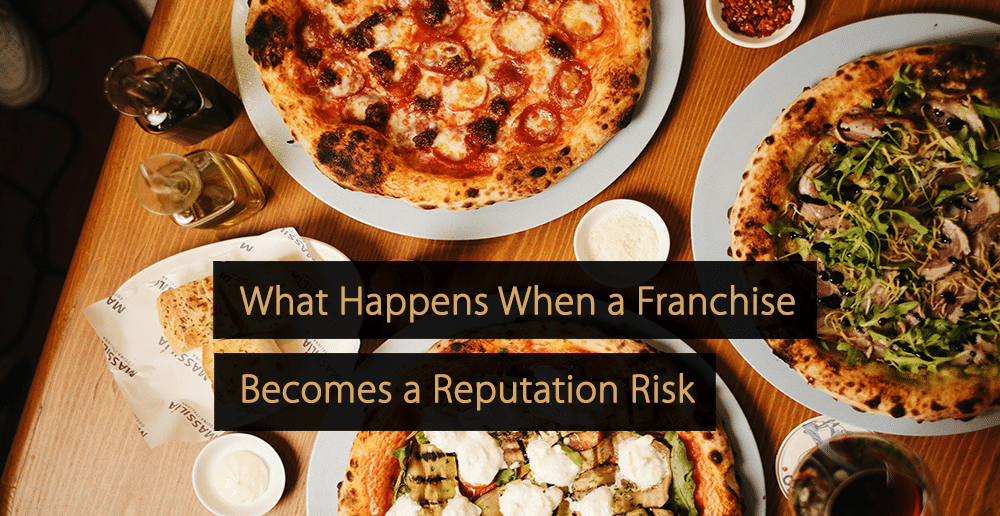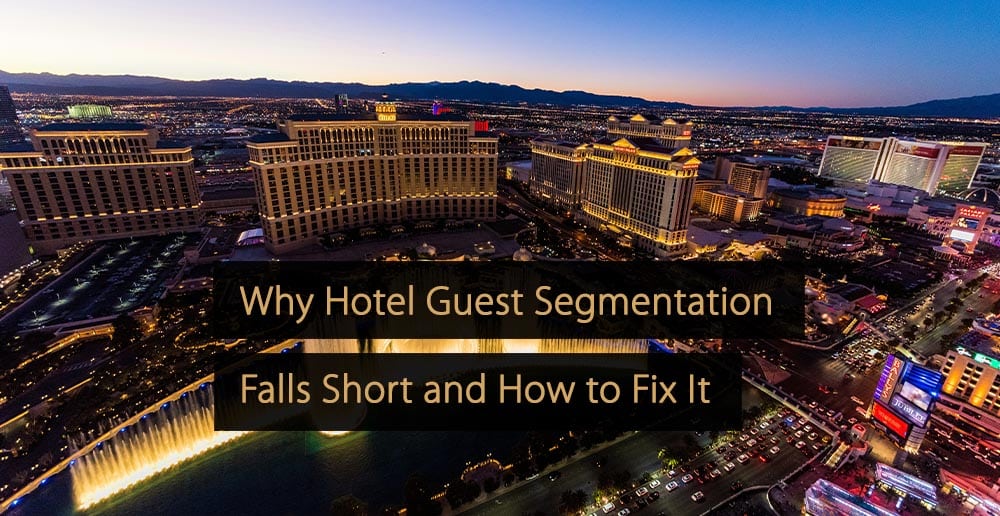The hospitality industry has undergone a dramatic transformation through the integration of digital marketing. Hotels, resorts, and travel brands are moving away from traditional advertising to adopt Digital Marketing Strategies, transforming the Hospitality Industry, leveraging data-driven insights, real-time engagement, and online platforms. This digital revolution allows hospitality businesses to connect with guests on a deeper level, offering seamless online booking, mobile check-ins, and immersive virtual experiences that align with evolving traveler expectations.
Using Data to Enhance Guest Experiences
Personalization has become the hallmark of effective hospitality marketing. Today’s travelers expect more than just comfort. They seek experiences that feel uniquely designed for them. With advanced CRM systems, analytics tools, and AI-driven insights, hospitality brands can collect and interpret customer data to create tailored interactions at every touchpoint.
From customized room preferences and curated activity recommendations to personalized follow-up offers, data-driven marketing transforms one-time guests into loyal advocates. Predictive analytics can anticipate guest needs before they’re even expressed, allowing brands to deliver seamless, anticipatory service that feels genuinely human.
These strategies demonstrate how digital marketing innovations are reshaping the hospitality industry, turning raw data into meaningful connections and enabling brands to deliver hyper-personalized experiences that build emotional loyalty and long-term retention.
Building Brand Loyalty Through Engagement
In hospitality, engagement is more than a marketing metric; it’s the essence of brand storytelling. Social media platforms like Instagram, TikTok, and YouTube have become essential channels for hotels and resorts to showcase authentic guest experiences, behind-the-scenes moments, and real customer stories.
By leveraging visually rich content such as immersive reels, interactive polls, and guest takeovers, brands can express their personality and values while strengthening trust with their audience. When hotels actively engage through comments, reposts, and conversations, they create a sense of community where guests feel seen, heard, and appreciated.
This authentic, human-centered approach to digital storytelling not only boosts brand awareness but transforms casual followers into emotionally invested advocates. Over time, these interactions cultivate brand loyalty that goes far beyond a single stay.
Winning Visibility in a Competitive Market
In a saturated online landscape, visibility determines survival. Search engine optimization (SEO) plays a pivotal role in ensuring that hotels and resorts appear prominently where travelers are searching. Local SEO is especially critical, optimizing for “near me” searches, integrating Google Business Profile, and maintaining consistent NAP (Name, Address, Phone) information can significantly improve local rankings and drive direct bookings.
Regularly tracking SEO trends and algorithm updates helps hotels stay ahead of competitors. Implementing structured data (schema markup) enhances how listings appear in search results, while crafting high-quality, location-focused content attracts both travelers and search engines alike.
Ultimately, mastering SEO allows hotels to reduce reliance on third-party booking platforms, improving profitability and strengthening their direct customer relationships. Staying informed with the latest SEO news today ensures your brand remains visible, relevant, and discoverable in a crowded digital marketplace.
The New Word-of-Mouth for Hotels and Resorts
In the digital age, influencer marketing has become the modern evolution of word-of-mouth. Collaborating with travel bloggers, vloggers, and niche influencers allows hospitality brands to tap into highly engaged audiences who trust authentic, experience-based recommendations.
Unlike traditional advertising, influencer partnerships humanize the brand. A well-crafted travel vlog, Instagram story, or TikTok review provides social proof and inspires wanderlust among potential guests. When influencers share genuine experiences, highlighting unique amenities, exceptional service, or local adventures, they build emotional resonance that feels both credible and aspirational.
These collaborations not only increase visibility but also drive measurable conversions through trackable links, affiliate campaigns, and user-generated content. When aligned with brand values and storytelling, influencer partnerships become powerful engines for reputation building, trust, and long-term customer acquisition.
Content Marketing that Converts: Blogs, Videos, and Virtual Tours
Quality content remains the backbone of successful digital marketing. Blogs, destination guides, videos, and virtual tours help potential guests visualize their experiences before booking. By offering informative and inspiring content, hotels can position themselves as industry leaders and drive conversions through emotional engagement and storytelling.
Automation and AI: Streamlining Guest Communication and Bookings
Artificial Intelligence (AI) and automation tools are redefining guest interaction. From chatbots handling 24/7 inquiries to AI-powered booking systems that predict traveler preferences, automation enhances efficiency while improving guest satisfaction. These innovations showcase how technology-driven Digital Marketing Strategies Transforming the Hospitality Industry are streamlining operations and communication.
Email Marketing Reimagined: Crafting Tailored Campaigns for Travelers
Email marketing remains one of the most effective channels for nurturing customer relationships. Modern hospitality brands now use segmentation, automation, and dynamic content to send tailored messages that resonate with each traveler segment, whether it’s a special offer for repeat guests or exclusive deals for first-time visitors.
Leveraging Reviews and Feedback for Growth
In the hospitality industry, reputation isn’t just an asset; it’s currency. A single guest review can influence dozens of potential bookings, shaping perceptions long before travelers even visit your website. Managing online reviews and feedback strategically is therefore essential for building credibility, loyalty, and long-term growth.
Proactive reputation management begins with monitoring all review platforms, from Google and TripAdvisor to niche travel forums and social media channels. Responding promptly and authentically to both positive and negative feedback demonstrates accountability and care. Guests want to know their voices are heard; timely responses can often turn critics into repeat customers.
Beyond crisis control, reviews are a goldmine of insights. By analyzing recurring themes in feedback, brands can identify service gaps, improve guest experience, and refine marketing strategies. Highlighting glowing testimonials on websites, social media, and email campaigns not only builds trust but also serves as social proof, a powerful psychological trigger that influences booking decisions.
Forward-thinking hospitality brands also encourage user-generated content, such as photos, stories, and video testimonials. This peer-to-peer validation feels more genuine than polished advertisements, creating a loop of trust and engagement that fuels organic growth.
Ultimately, leveraging reviews and feedback isn’t just about protecting reputation; it’s about using real customer voices to guide innovation, strengthen relationships, and drive profitability.
The Future of Hospitality Marketing: Trends Shaping 2025 and Beyond
The hospitality landscape is evolving faster than ever. The next generation of digital marketing strategies will be defined by technology, personalization, and purpose, blending data-driven precision with emotional storytelling to create unforgettable guest journeys.
One of the most transformative forces is the rise of immersive technologies. Hotels and resorts are beginning to use augmented reality (AR) and virtual reality (VR) to offer virtual tours, preview suites, or simulate local experiences before booking. This not only enhances engagement but also helps travelers make confident decisions in an increasingly digital-first world.
Another defining trend is sustainability-driven marketing. Conscious travelers are now prioritizing eco-friendly destinations and transparent business practices. Hospitality brands that highlight their sustainability commitments, from green operations to community partnerships, will appeal to a growing segment of mindful consumers.
Meanwhile, AI-powered personalization and predictive analytics are reshaping guest engagement. By analyzing past behaviors, preferences, and booking patterns, hotels can anticipate needs before they’re expressed, recommending tailored experiences, dining options, or exclusive offers that feel uniquely relevant to each guest.
In 2025 and beyond, success will depend on how seamlessly brands integrate technology with human touch. While digital tools enhance convenience and personalization, it’s genuine connection and emotional resonance that create lasting loyalty.
The future of hospitality marketing belongs to brands that combine innovation with empathy, delivering experiences that are not just smart and efficient but memorable, meaningful, and human.
By embracing digital marketing strategies, hospitality brands can build stronger connections, improve visibility, and create personalized guest experiences. Apply these insights to stay competitive, drive direct bookings, and ensure your brand thrives in the evolving digital hospitality landscape.
More Tips to Grow Your Business
Revfine.com is the leading knowledge platform for the hospitality and travel industry. Professionals use our insights, strategies, and actionable tips to get inspired, optimize revenue, innovate processes, and improve customer experience.Explore expert advice on management, marketing, revenue management, operations, software, and technology in our dedicated Hotel, Hospitality, and Travel & Tourism categories.







Leave A Comment